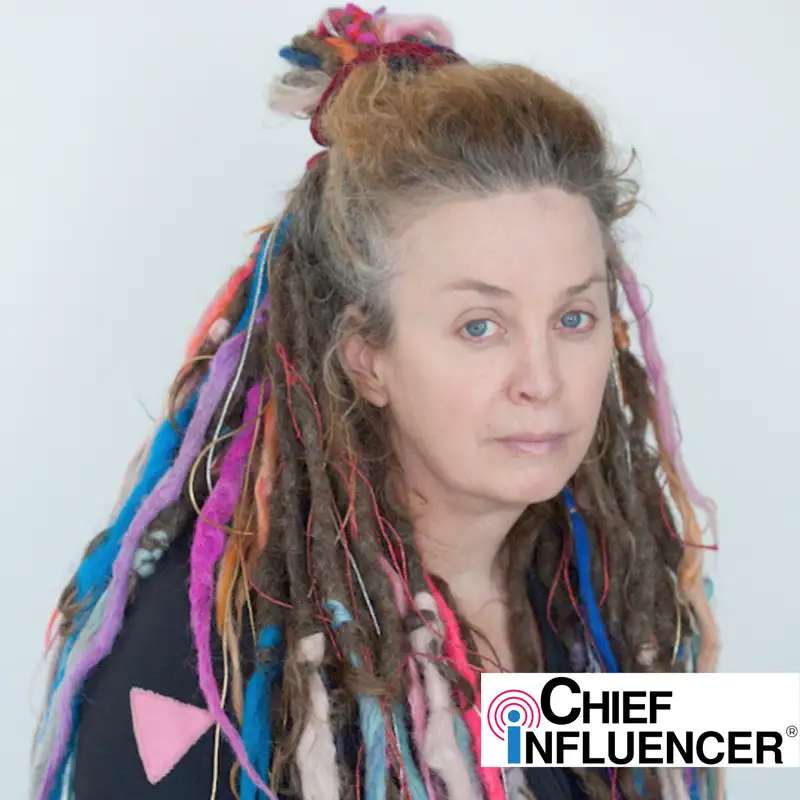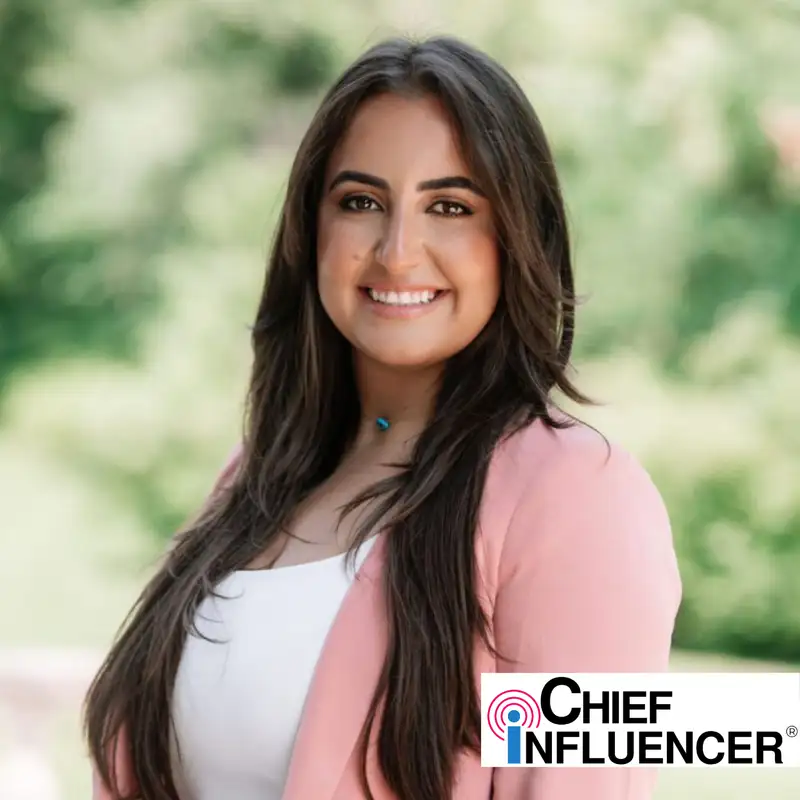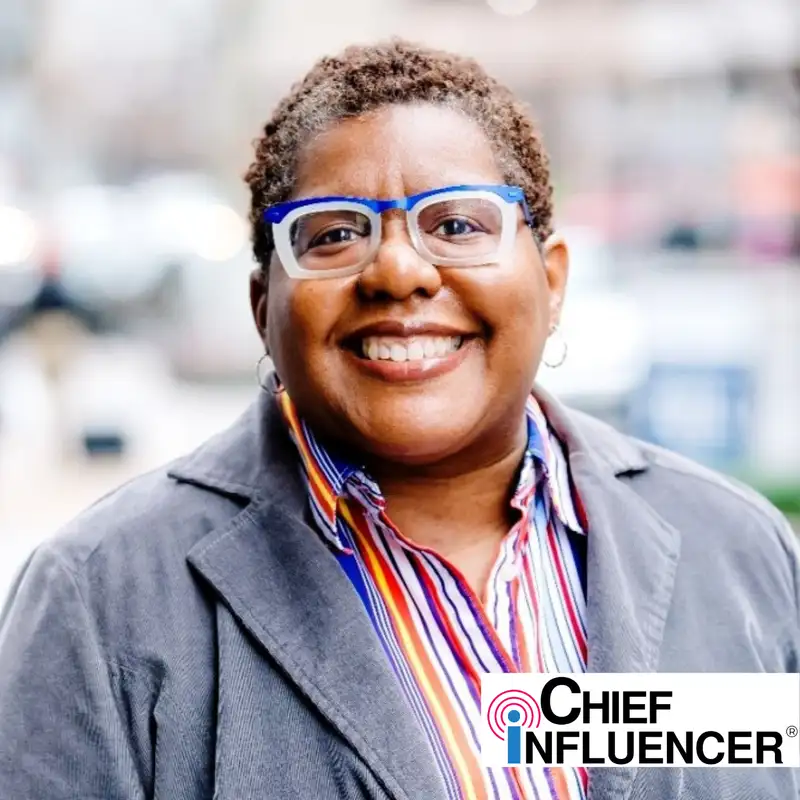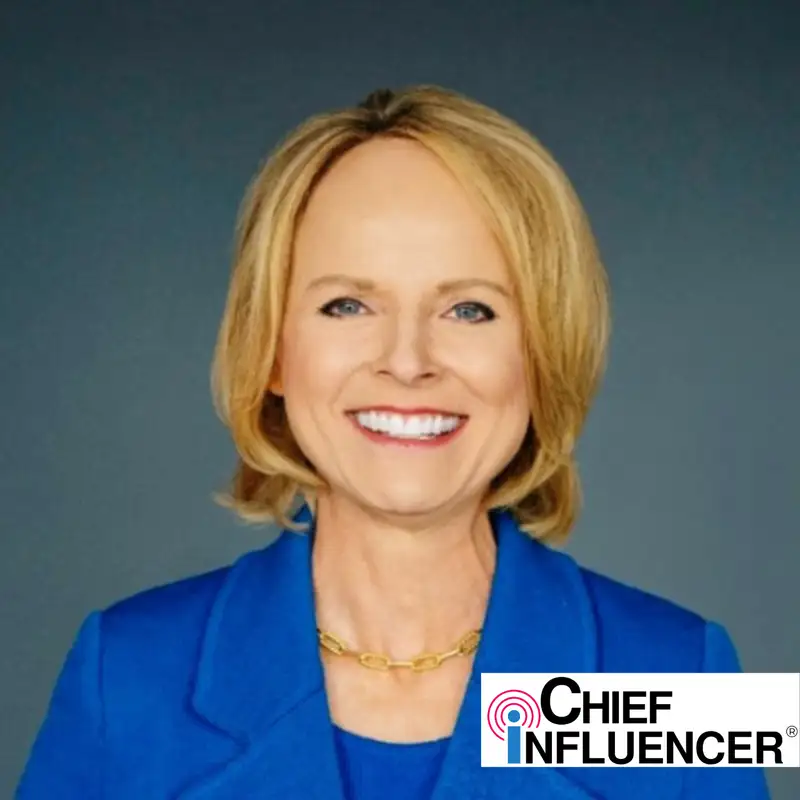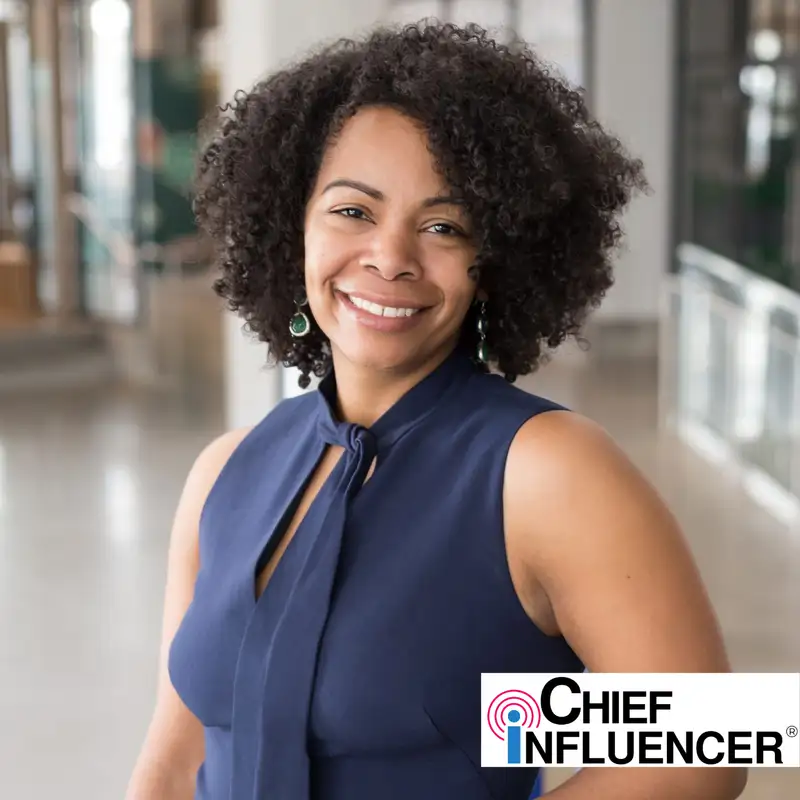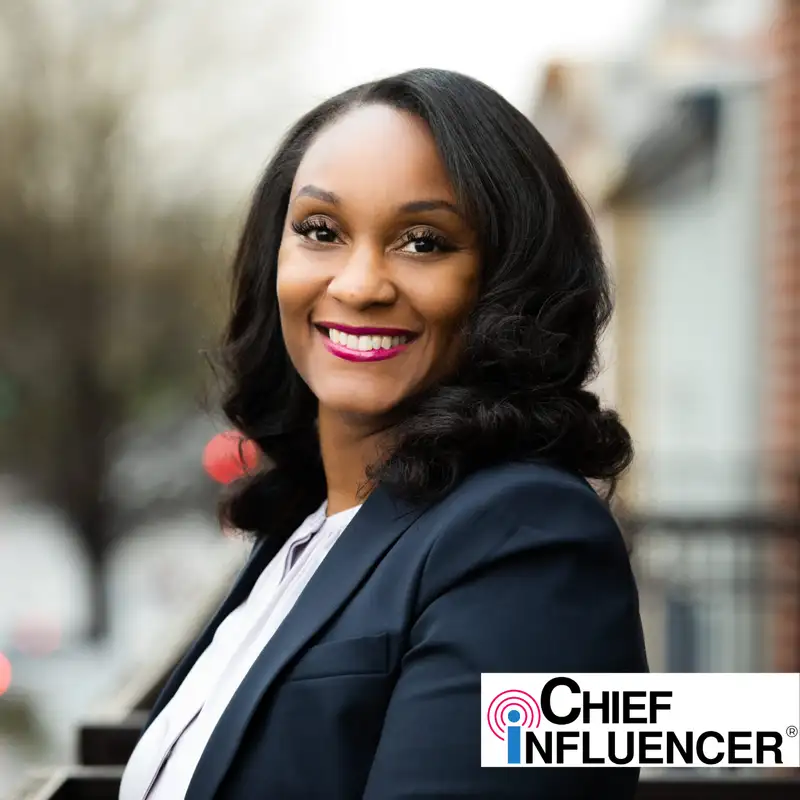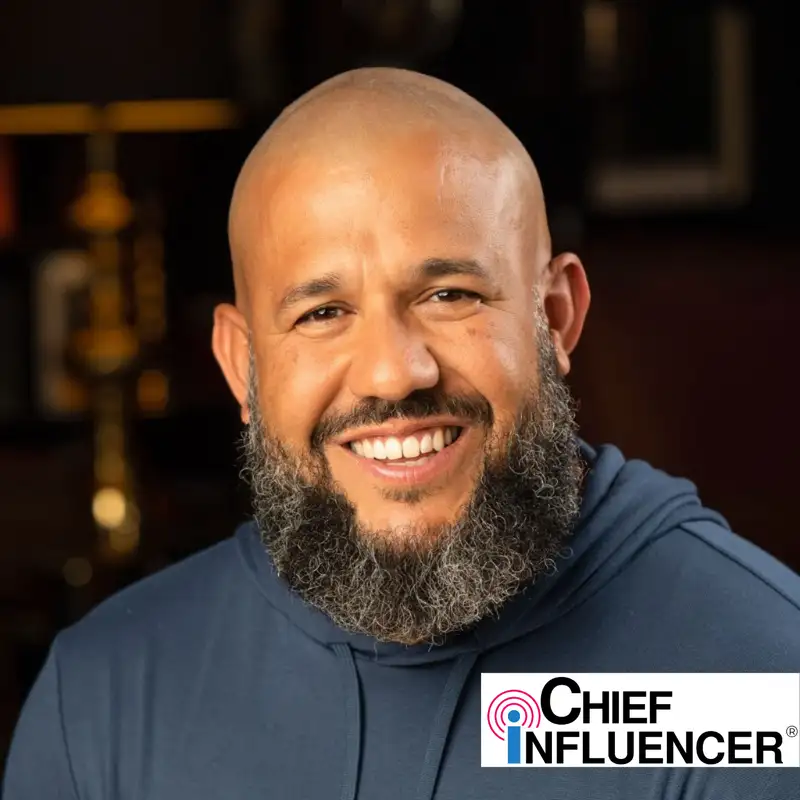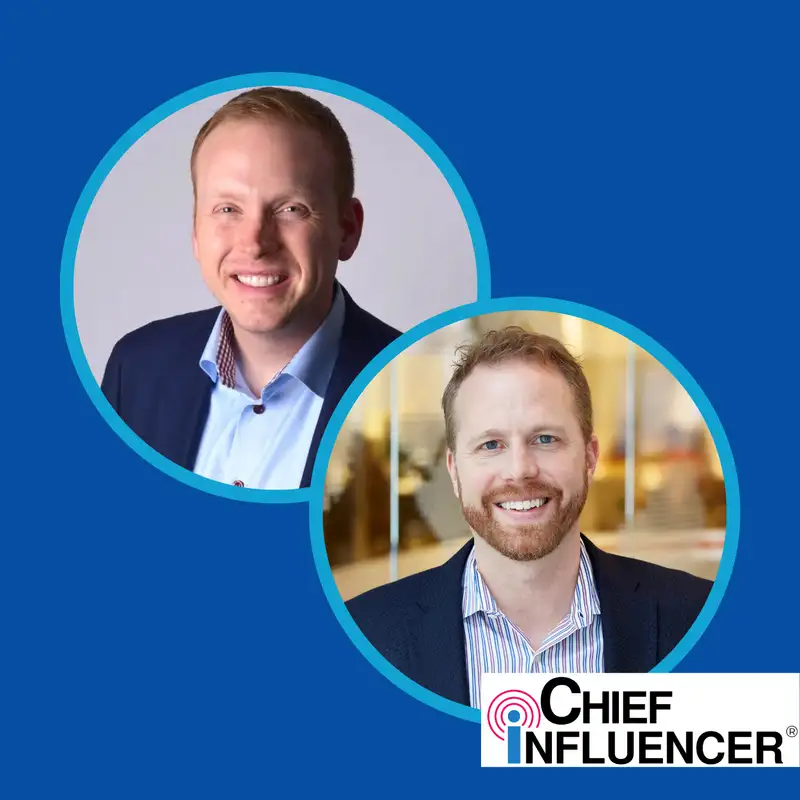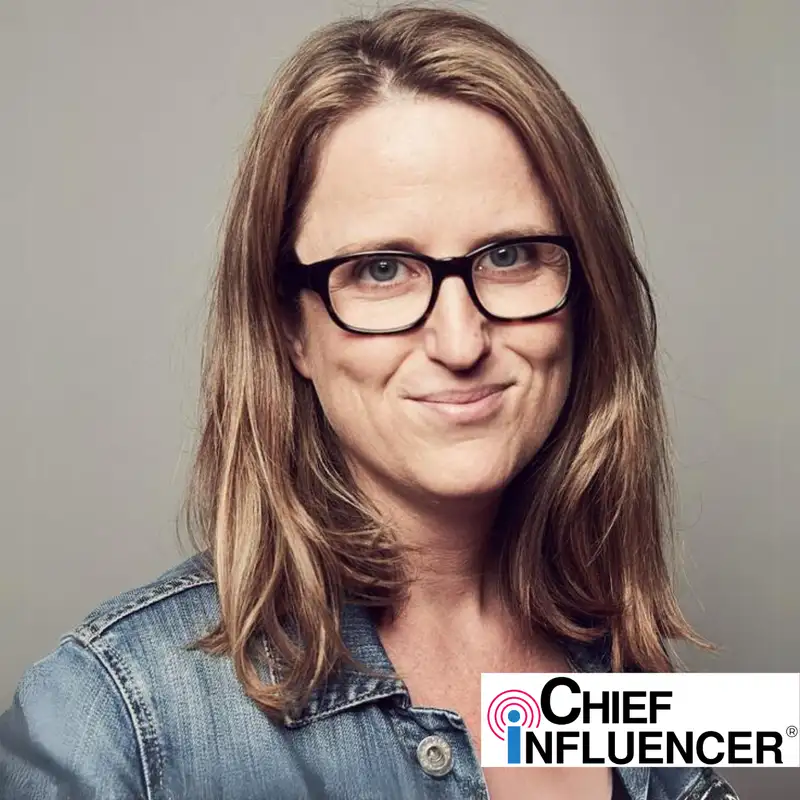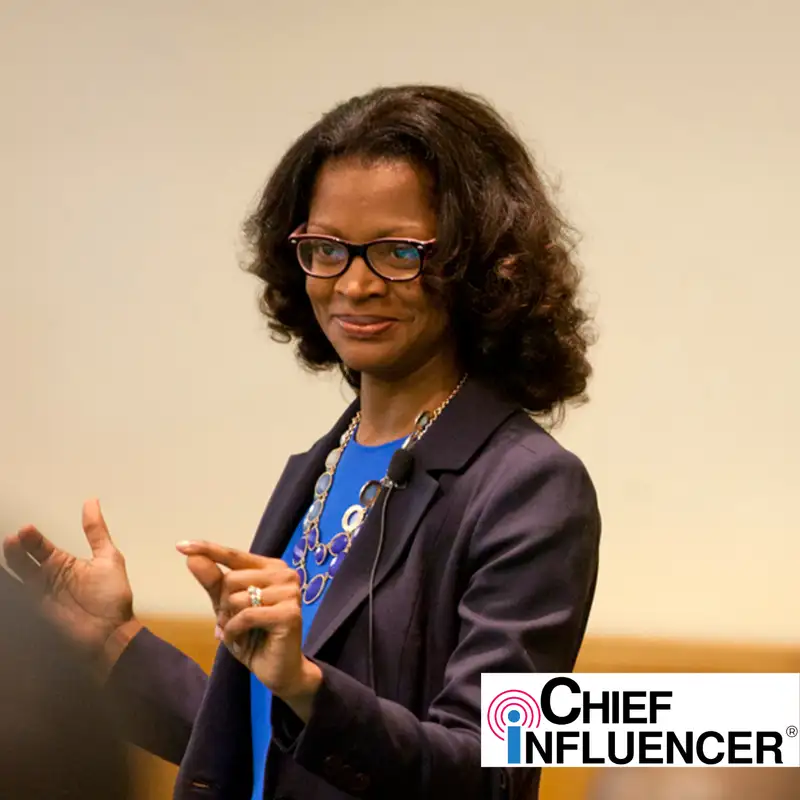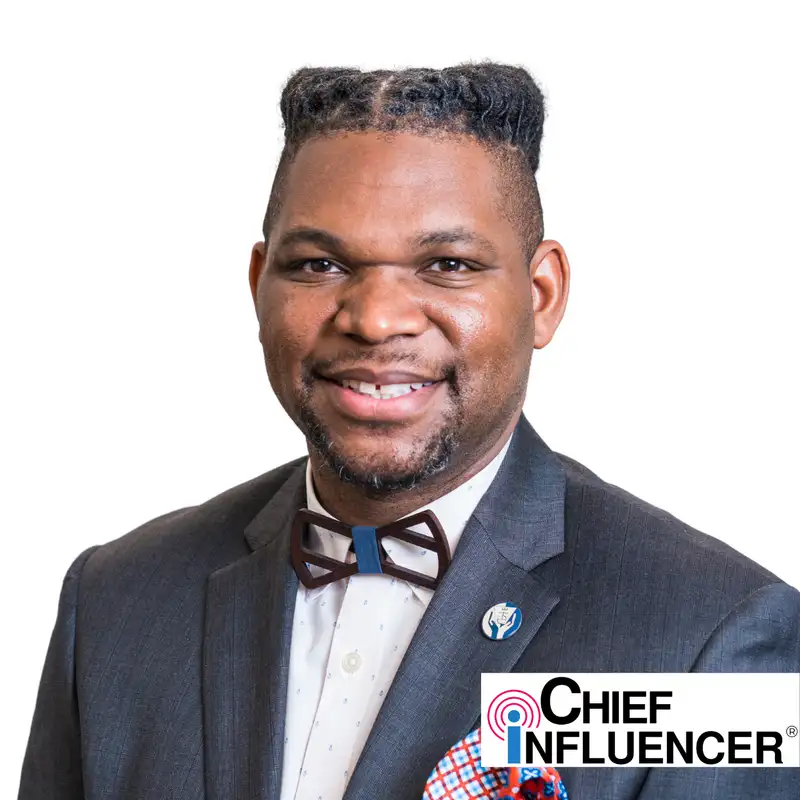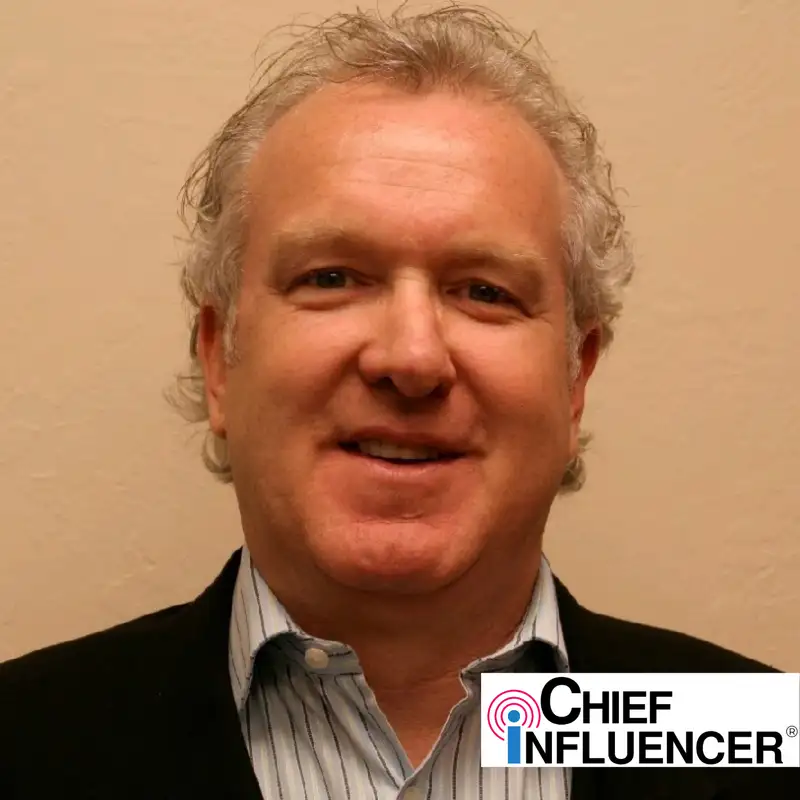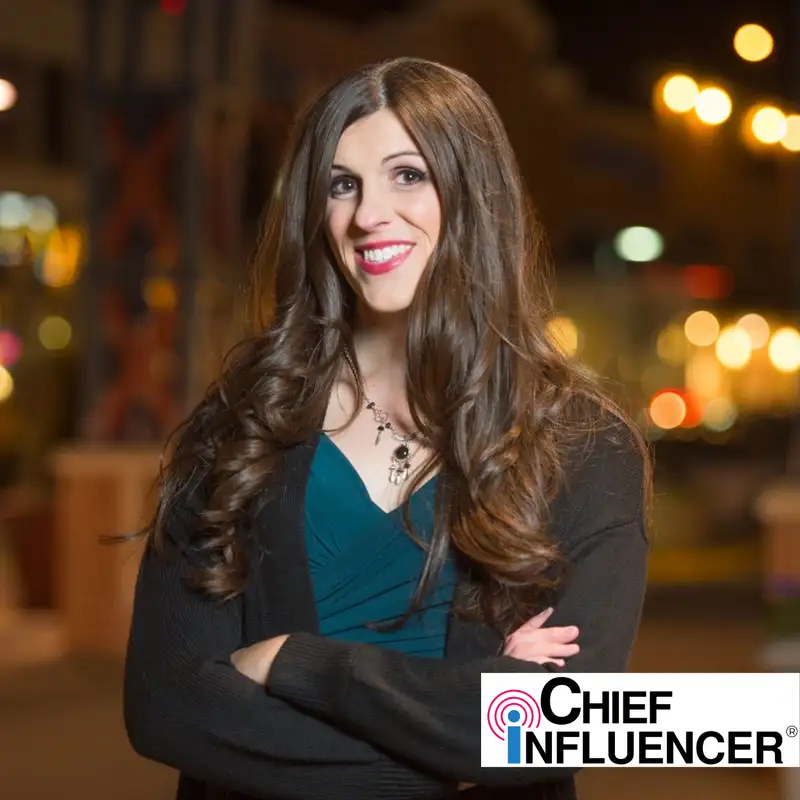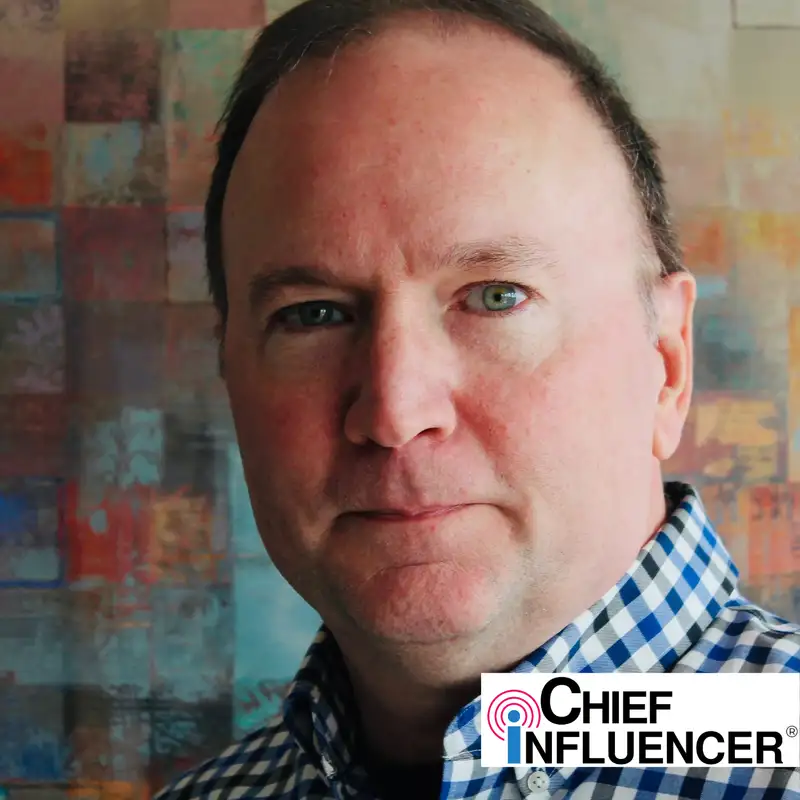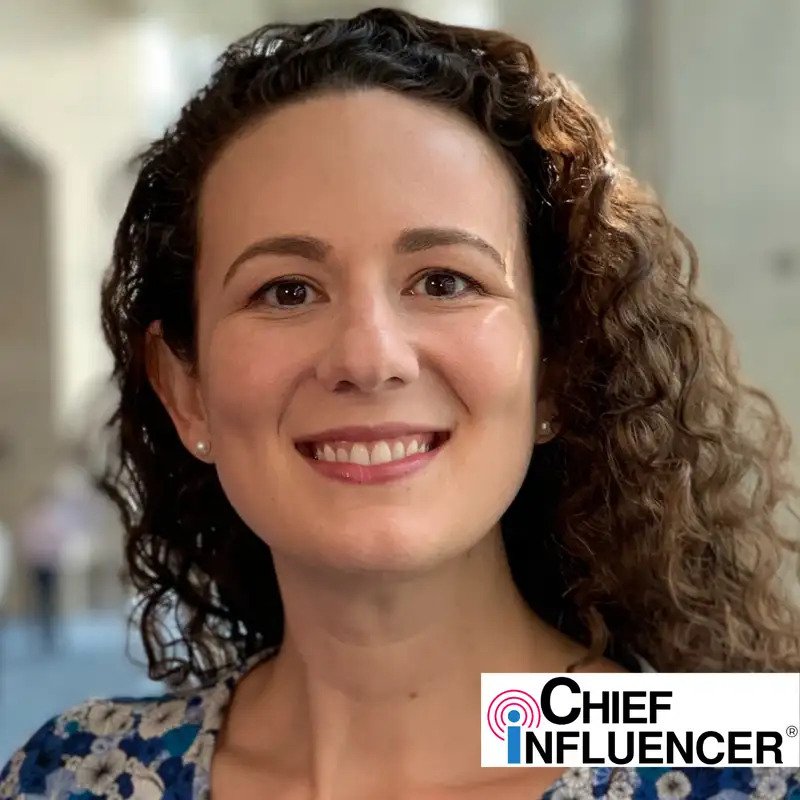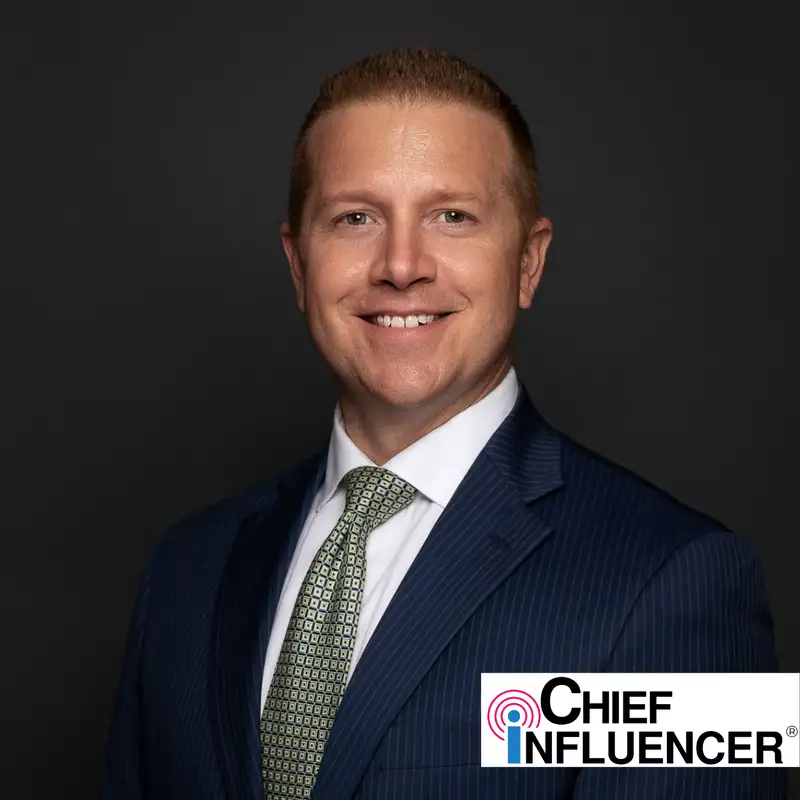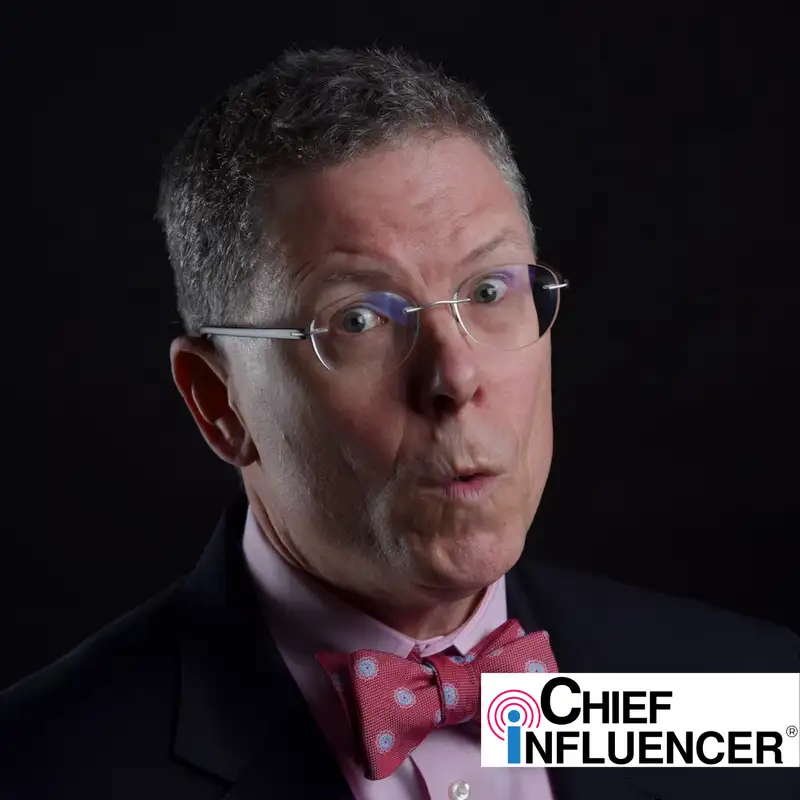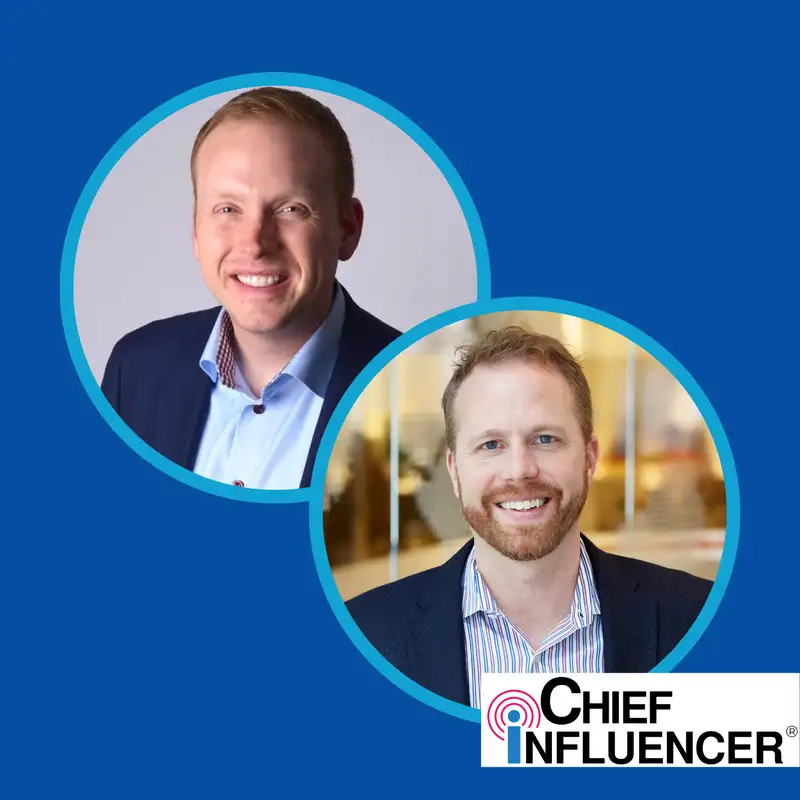Molly Lenore on Crafting Immersive Experiences - Chief Influencer - Episode # 040
Molly Lenore is the Co-founder and President of Moey Inc., a pioneering company dedicated to crafting technology-infused experiences, installations, products, and exhibits at the convergence of art, science, technology, design, and education. With a focus on conceptualization, design, and realization, Molly specializes in curating technology-driven installations within interactive public spaces. Molly has graced prestigious institutions as a guest lecturer, including NYU, Harvard Graduate School of Design, Columbia University, Parsons School of Design, and the Academy of Art College in San Francisco. Beyond her professional endeavors, Molly channels her passion into LGBTQ+ sports, viewing them as a catalyst for community and inclusivity. Her involvement extends to serving on multiple boards, such as the National Gay Flag Football League, the New York Gay Football League, and the Big Apple Softball League.In today's episode, Molly discusses the company's approach to creating exhibits that effectively communicate distinct messages. They walk the client through the ideation, design, and creation stages, focusing on building a narrative and understanding the audience. Molly also discusses how they have adapted to societal changes, specifically the pervasive use of smartphones. Furthermore, she discusses the importance of cross-generational and audience-centric design, developing trust with clients through honesty and openness.Takeaways:Understanding the audience and tailoring the experiences to their needs, whether a museum exhibit or a leadership presentation, is crucial to understanding your audience's perspective, expectations, and interests. A compelling message isn't just about influencing the audience but also about being open to the audience's influence. Leaders must balance imparting their vision while accommodating audience insights and feedback. This two-way interaction ensures messages resonate more deeply.Creating experiences that cater to and bridge different generations is crucial, thus fostering cross-generational communication and enhancing shared understanding. Leaders must pilot initiatives or seek feedback before implementing ideas by creating prototypes and conducting user tests to adjust and perfect their projects.The impact of technology on audience behaviors, like the self-portrait culture sparked by smartphones, requires leaders to adapt their communication and engagement strategies accordingly. Incorporating joy into any experience, be it an exhibition or a workplace meeting, can enhance engagement and success.Quote of the Show:"When you put a design out into the world, it's no longer yours" - Molly LenoreLinks:LinkedIn: https://www.linkedin.com/in/molly-lenore-b20a771 Moey Inc. (Website): https://www.moeyinc.com Shout Outs:Joey Stein on LinkedIn: https://www.linkedin.com/in/joseph-stein-5a71487a American Museum of Natural History: https://www.amnh.org NYU: https://www.nyu.edu Harvard Graduate School of Design: https://www.gsd.harvard.edu Columbia University: https://www.columbia.edu Parsons School of Design: https://www.newschool.edu/parsons The Academy of Art University: https://www.academyart.edu The National Gay Flag Football League: https://ngffl.org The New York Gay Football League: https://nygayfootball.org The Big Apple Softball League: https://www.bigapplesoftball.com Science Museum of Virginia: https://smv.org The Intrepid Museum: https://intrepidmuseum.org
 Host
Host
